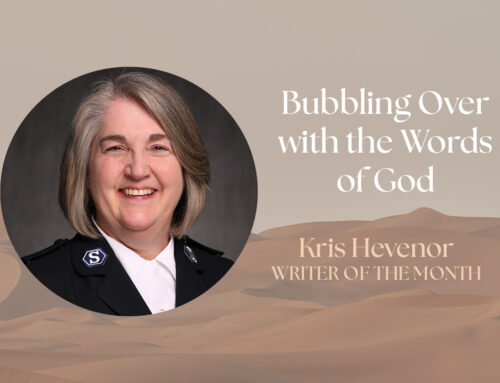Deeper Doctrine
Hamartiology
By: Colonel Richard Munn
Hamartia is the Greek word for sin. Thus, hamartiology is the theology of sin. If the English word ‘love’ famously has 4 Greek words to describe its full scope, ‘sin’ has 5. Collectively they cover the gamut well.
Hamartia – means ‘missing the mark,’ and is the very etymology of the word. It infers that despite our best aims and intentions, we are predisposed to fall short, miss the goal and get off base.
Anomia – depicts ‘lawlessness,’ and alludes to the law, the Old Testament code of conduct. A community that flouts the rule of law is in anarchy.
Asebeia – infers ’godlessness,’ and is especially sinful. It connotes a wanton rejection of God by an individual or community.
Parabasis – portrays ‘overstepping the line,’ a vivid picture of our human predicament as recorded in the Garden of Eden. God establishes a boundary and we, seemingly, cannot resist willfully crossing it.
Adikia – represents ‘injustice,’ and includes the powerful forces of systemic crimes that oppress the powerless and vulnerable. My craving for coffee can contribute to farmworker abuse, my dependency on air conditioning helps to compromise the environment.
While ‘the willful transgression of a known law of God’ is a helpful understanding of sin from the Wesleyan tradition, the examples above illustrate that the subject is much more subtle and pervasive.
John bluntly writes, ‘If we claim we have not sinned, we make him out to be a liar …’ (1JN 1:10) However, in the very next verse he writes just as emphatically, ‘I write this to you so that you will not sin.’ (1JN 2:1)
Both statements are true.




